
Sharm El Sheikh: The Jewel of the Red Sea
Sharm El Sheikh, located on the southern tip of the Sinai Peninsula, is a premier resort destination in Egypt known for its stunning beaches, clear blue waters, and vibrant coral reefs. This paradise by the Red Sea attracts divers and snorkelers from around the world who come to explore its underwater wonders, including the famous Ras Mohammed National Park. The city's coastline is dotted with luxury resorts, offering breathtaking views and world-class amenities. Beyond the beaches, Sharm El Sheikh offers a rich cultural experience with its blend of traditional Bedouin heritage and modern attractions. Visitors can wander through the bustling Old Market, filled with colorful stalls selling spices, textiles, and unique souvenirs. The city's nightlife is equally vibrant, with a range of restaurants, bars, and nightclubs catering to all tastes. Adventure seekers will find plenty to do, from quad biking in the desert to camel rides and stargazing. The nearby Mount Sinai and St. Catherine's Monastery offer a glimpse into the region's ancient history and religious significance. Whether you're looking to relax on the beach, dive into the deep blue sea, or explore the desert, Sharm El Sheikh has something for everyone.
Local tips in Sharm El Sheikh
- Visit during the spring or autumn months to avoid the extreme summer heat.
- Pre-book diving and snorkeling tours to secure spots with reputable operators.
- Respect local customs and dress modestly, especially when visiting religious sites.
- Use bottled water for drinking and brushing your teeth to avoid stomach issues.
- Negotiate prices at local markets to get the best deals on souvenirs.
Sharm El Sheikh: The Jewel of the Red Sea
Sharm El Sheikh, located on the southern tip of the Sinai Peninsula, is a premier resort destination in Egypt known for its stunning beaches, clear blue waters, and vibrant coral reefs. This paradise by the Red Sea attracts divers and snorkelers from around the world who come to explore its underwater wonders, including the famous Ras Mohammed National Park. The city's coastline is dotted with luxury resorts, offering breathtaking views and world-class amenities. Beyond the beaches, Sharm El Sheikh offers a rich cultural experience with its blend of traditional Bedouin heritage and modern attractions. Visitors can wander through the bustling Old Market, filled with colorful stalls selling spices, textiles, and unique souvenirs. The city's nightlife is equally vibrant, with a range of restaurants, bars, and nightclubs catering to all tastes. Adventure seekers will find plenty to do, from quad biking in the desert to camel rides and stargazing. The nearby Mount Sinai and St. Catherine's Monastery offer a glimpse into the region's ancient history and religious significance. Whether you're looking to relax on the beach, dive into the deep blue sea, or explore the desert, Sharm El Sheikh has something for everyone.
When is the best time to go to Sharm El Sheikh?
Iconic landmarks you can’t miss
SOHO Square Sharm El Sheikh
Experience vibrant nightlife, world-class dining, and dazzling entertainment at Sharm El Sheikh's premier destination, SOHO Square.
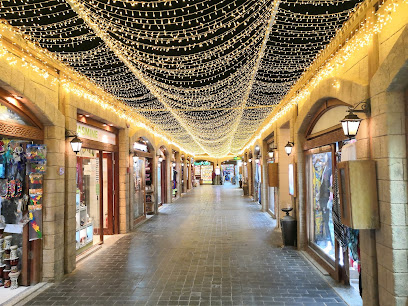
Old Market Sharm el Sheikh
Experience the authentic soul of Egyptian marketplace culture in Sharm el Sheikh's vibrant Old Market, a treasure trove of tradition, crafts, and flavors.
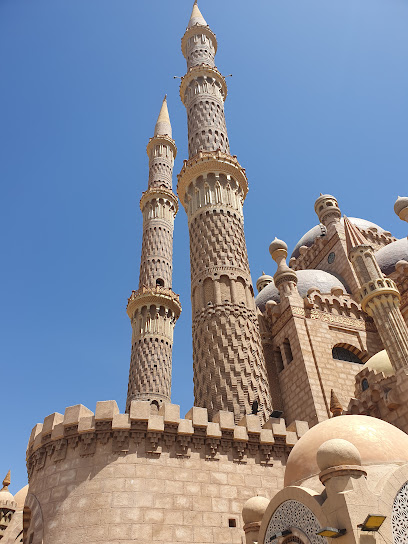
Soho Square Dancing Fountain
Experience the magic of water, light, and music at Sharm El Sheikh's dazzling Soho Square Dancing Fountain, a must-see spectacle for all ages.
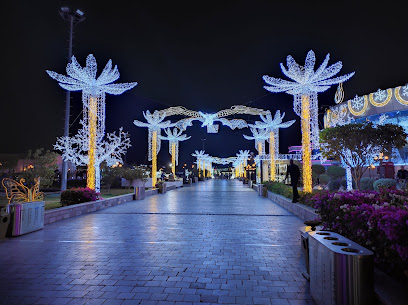
Mustafa Mosque
Discover the architectural marvel of Mustafa Mosque in Sharm El Sheikh, a captivating blend of Islamic artistry and spiritual serenity.
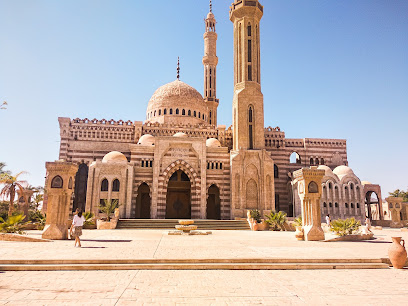
The Heavenly Cathedral
Discover Sharm El Sheikh's stunning Heavenly Cathedral: a modern Coptic masterpiece with breathtaking frescoes and serene atmosphere.
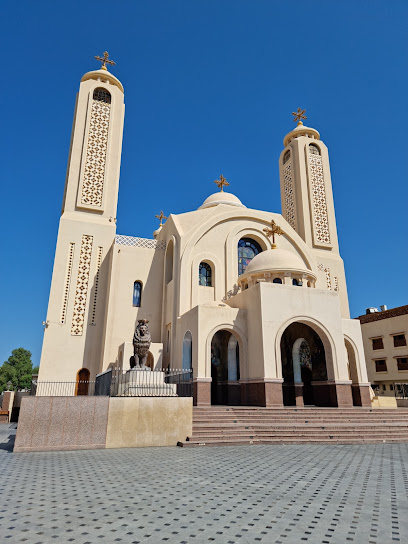
Hollywood Sharm El Sheik
Experience the glitz and glamour of Hollywood in the heart of Sharm El Sheikh, with dazzling entertainment and lively attractions for all ages.
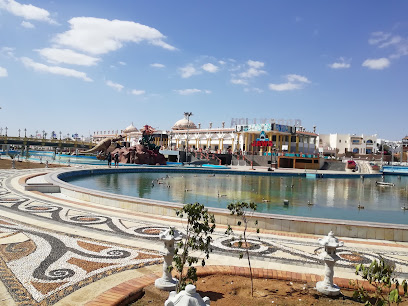
Ras Mohamed Nature Reserve
Explore vibrant coral reefs, diverse marine life, and stunning desert landscapes at Egypt's Ras Mohamed Nature Reserve.
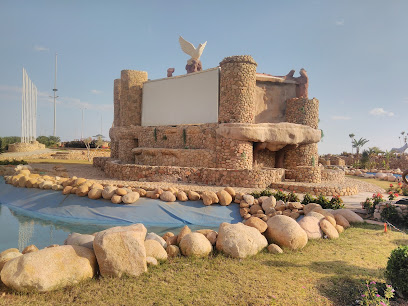
Peace Square
Discover tranquility and culture at Peace Square in Sharm El Sheikh, a vibrant hub with gardens, art, and cultural events for locals and tourists alike.
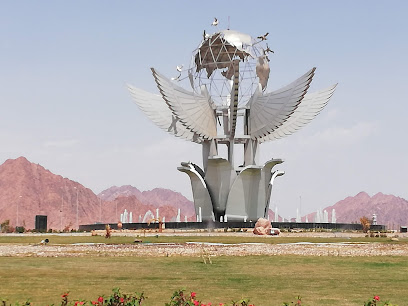
The monument in Sharm El Sheikh
Discover Sharm El Sheikh's iconic monument, a symbol of peace and unity, offering stunning views of the Red Sea and Sinai Mountains.
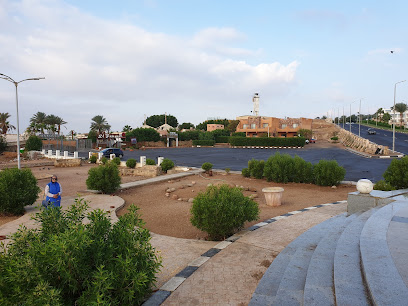
Salam Mosque
Discover the serene beauty and Islamic architecture of Salam Mosque, a cultural highlight in the heart of Sharm El Sheikh.
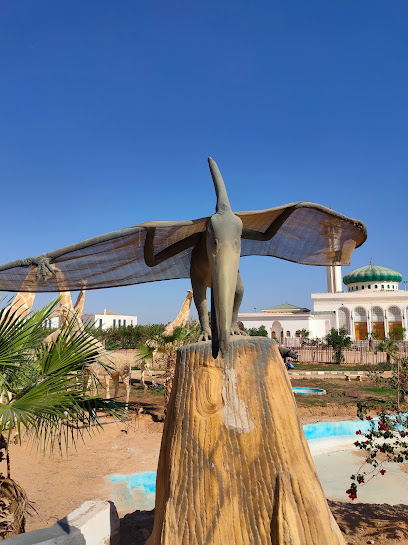
King Tut Museum
Explore the treasures of the boy king at the King Tut Museum in Sharm El Sheikh, a captivating journey into ancient Egypt's wonders.
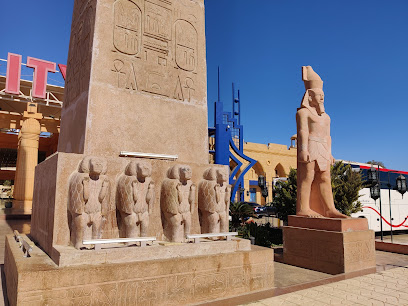
Aladin Casino
Experience the thrill of gaming at Aladin Casino in Sharm el Sheikh, offering a wide range of games and a vibrant atmosphere within Domina Coral Bay Resort.
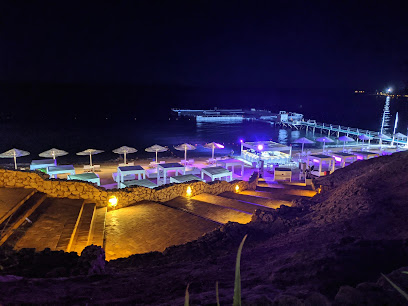
Sharm el-Sheikh
Explore the Red Sea: Sharm el-Sheikh Ferry Terminal, your gateway to Sinai, Egypt, and marine adventures. Check ferry schedules!
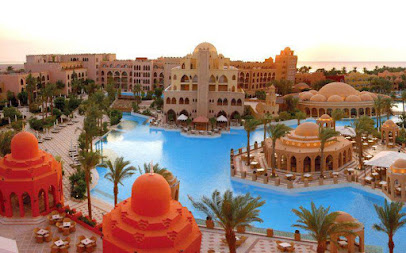
Safari Center Sharm El Sheikh
Experience thrilling desert adventures at Safari Center Sharm El Sheikh: quad biking, camel rides, Bedouin culture, and stargazing under Sinai's stars.
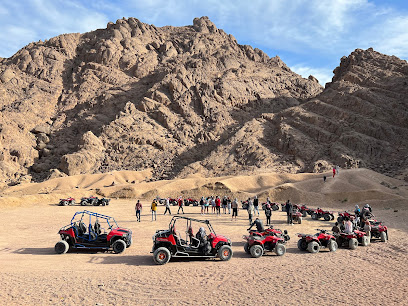
Echo Temple Sharm El Sheikh
Discover Echo Temple in Sharm El Sheikh: Where desert adventure meets Bedouin culture amidst stunning natural beauty. Unforgettable Sinai experiences await!
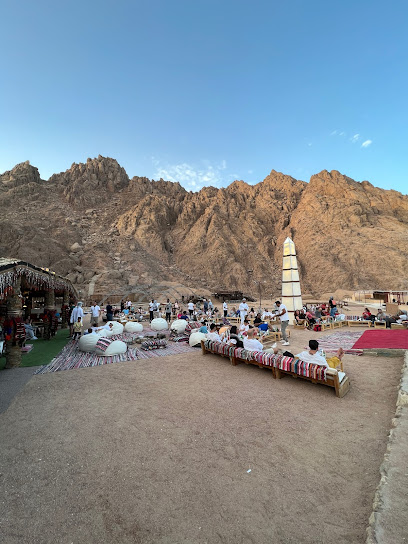
Unmissable attractions to see
Soho Square Dancing Fountain
Discover the magical experience of the Dancing Fountain at Soho Square in Sharm Al Sheikh, where water, music, and lights create an unforgettable evening.
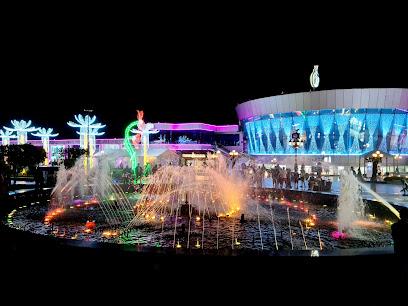
Soho Square Dancing Fountain
Discover the magic of the Soho Square Dancing Fountain in Sharm Al Sheikh, where water dances to music in a stunning nightly spectacle.
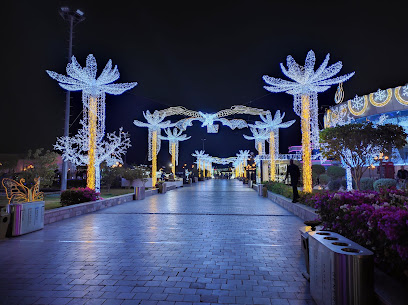
Sultan Gardens Resort Sharm El Sheikh
Discover the luxury and beauty of Sultan Gardens Resort in Sharm El Sheikh, where relaxation meets adventure on the Red Sea coast.

Mustafa Mosque
Explore the beauty and serenity of Mustafa Mosque in Sharm El Sheikh, a must-visit cultural and spiritual landmark showcasing exquisite Islamic architecture.
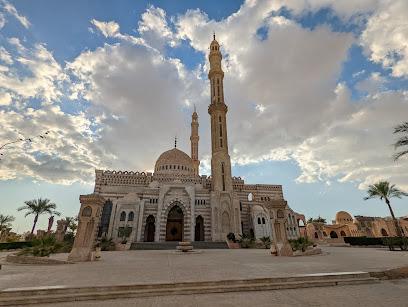
The Heavenly Cathedral
Discover the breathtaking beauty and spiritual serenity of The Heavenly Cathedral in Sharm El Sheikh, a must-visit tourist attraction in South Sinai.
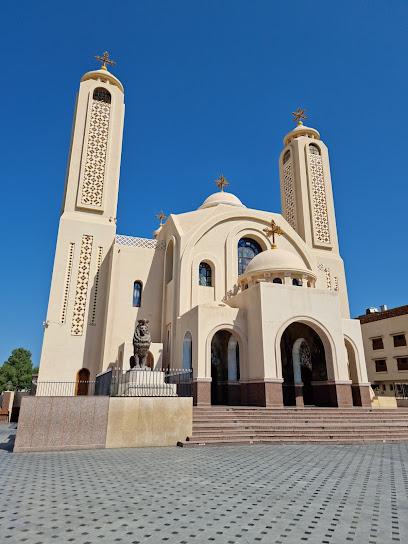
Hollywood Sharm El Sheik
Dive into fun and excitement at Hollywood Sharm El Sheikh, where thrilling rides and delightful entertainment await for an unforgettable family adventure.
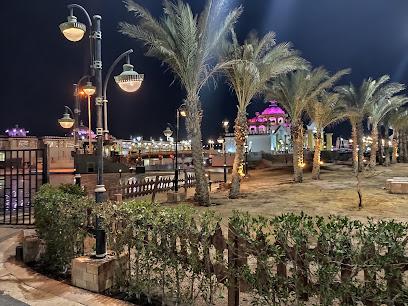
El Sherif Safari
Experience the thrill of adventure at El Sherif Safari in Sharm Al Sheikh, where desert landscapes meet cultural richness for an unforgettable journey.
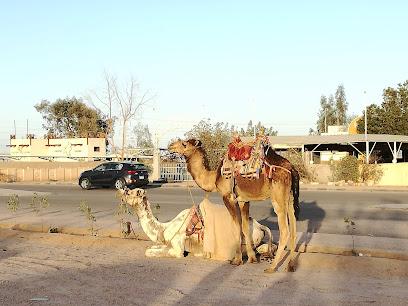
Naama Bay
Explore Naama Bay's stunning beaches, vibrant nightlife, and rich marine life—a perfect destination for relaxation and adventure in Egypt's Sinai Peninsula.
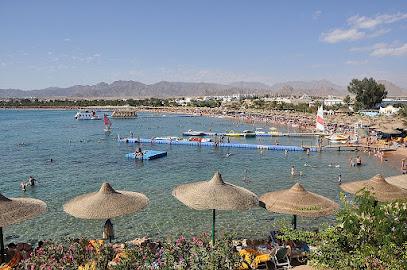
Royal Seascope submarine Sharm elsheikh
Experience the underwater beauty of Sharm El Sheikh aboard the Royal Seascope submarine, where adventure meets comfort in the Red Sea.
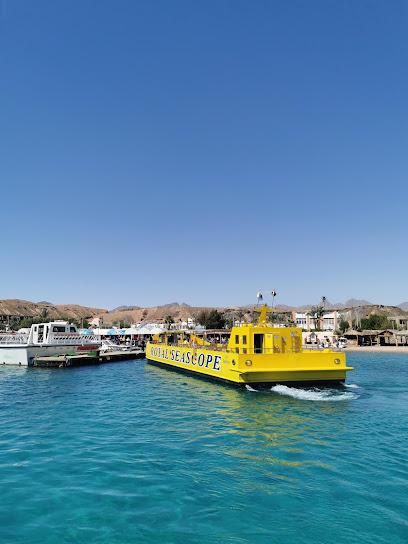
Ras Mohamed Nature Reserve
Explore Ras Mohammed Nature Reserve, Egypt's premier destination for breathtaking landscapes, vibrant marine life, and unforgettable outdoor adventures.
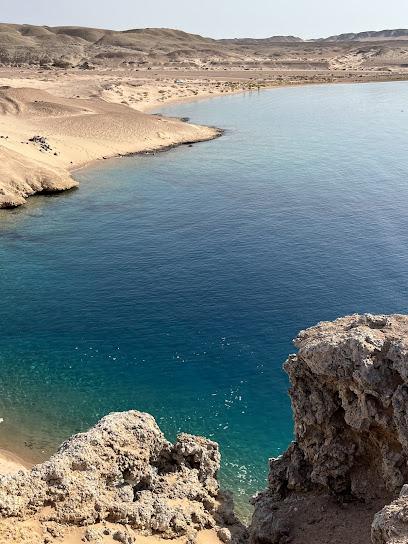
One Thousand and One Nights
Explore the magic of storytelling at 'One Thousand and One Nights' museum in Second Sharm Al Sheikh, where history and art intertwine.
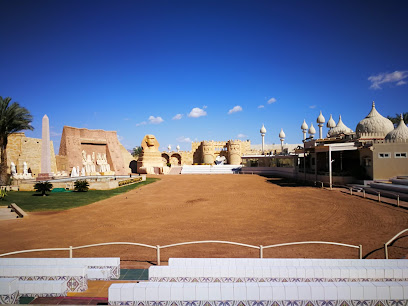
Dolphina
Experience unforgettable dolphin encounters at Dolphina, Sharm El Sheikh's premier aquatic center, surrounded by stunning Red Sea beauty.
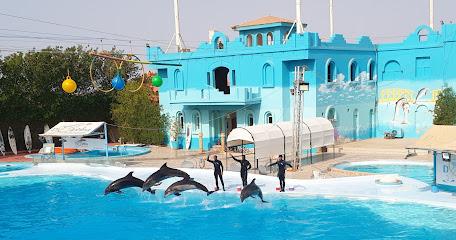
Peace Square
Explore the tranquil beauty and cultural richness of Peace Square in Sharm Al Sheikh's stunning national park, a must-visit for all tourists.
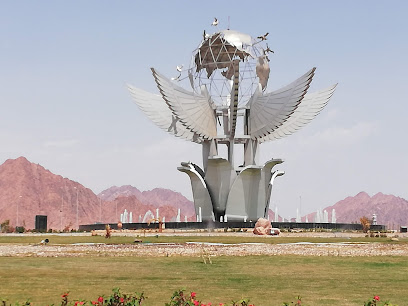
Sinai Grand Casino
Discover luxury and excitement at Sinai Grand Casino, the ultimate entertainment destination in Sharm El Sheikh, Egypt.
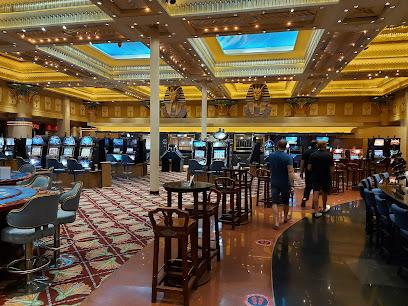
The monument in Sharm El Sheikh
Unveil the beauty and cultural richness of Sharm El Sheikh at its iconic monument, a perfect blend of history and breathtaking coastal views.
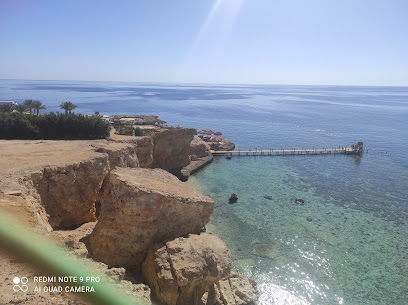
Essential places to dine
Hard Rock Cafe Sharm el Sheikh
Experience iconic American cuisine and vibrant rock culture at Hard Rock Cafe Sharm el Sheikh—where every meal is a celebration by the sea.
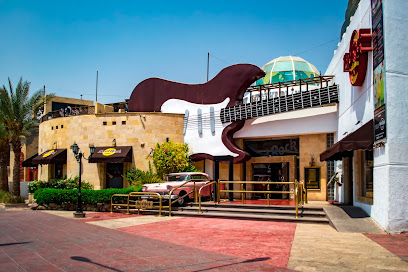
Mahony Restaurant
Discover Mahony Restaurant: A Seafood Paradise in Naama Bay Offering Fresh Flavors and Stunning Views.
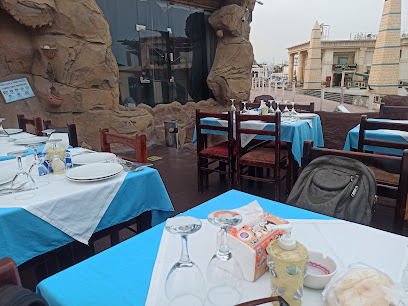
Basata Cafe Sharm El Sheikh
Discover Basata Cafe in Sharm El Sheikh: A unique blend of local flavors and stunning natural beauty awaits you.
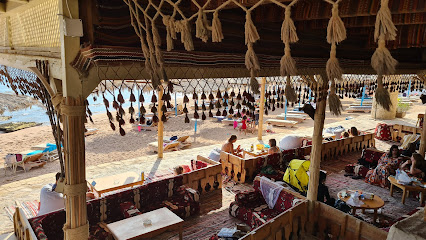
Sea Breeze
Experience exquisite seafood dining at Sea Breeze in Sharm El Sheikh, where fresh flavors meet breathtaking coastal views.
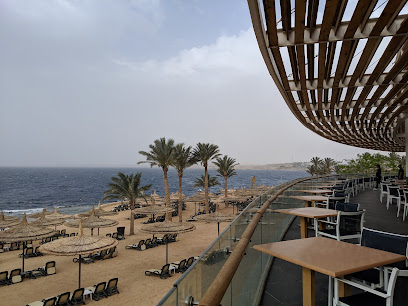
Fish Market Kan Zaman
Experience delectable seafood dishes amidst breathtaking views at Fish Market Kan Zaman in Naama Bay, Sharm El Sheikh.
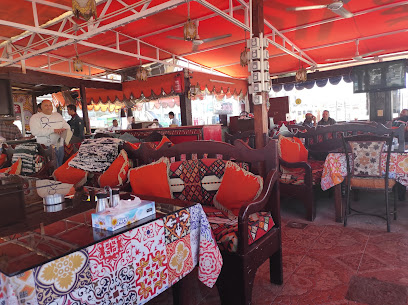
Tre fratelli ristorante italiano sharm sheikh
Discover authentic Italian cuisine at Tre Fratelli Ristorante in Sharm El Sheikh – where every meal feels like a celebration.
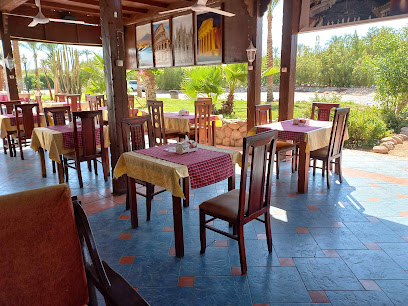
Koutouki
Experience exquisite Mediterranean seafood at Koutouki in SOHO Square, Sharm Al Sheikh - where culinary excellence meets vibrant ambiance.
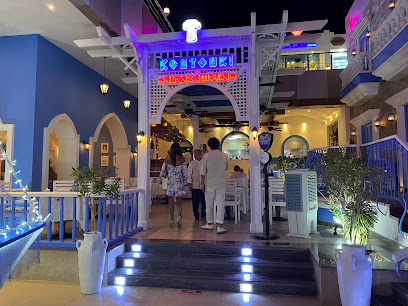
Dananeer Restaurant Sea Food & Steak House
Experience culinary bliss at Dananeer Restaurant Sea Food & Steak House in Sharm Al Sheikh—where fresh seafood meets gourmet steaks.
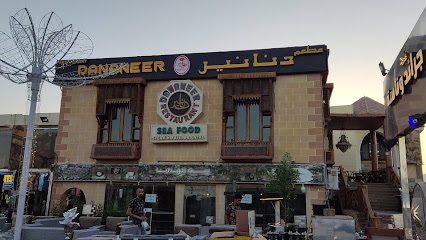
Pomodoro
Experience authentic Italian flavors at Pomodoro in Naama Bay - where every meal is crafted with passion and served with warmth.
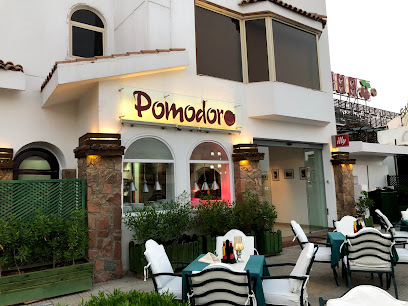
FLOKA
Discover Floka in Sharm El Sheikh: A culinary haven serving authentic Egyptian dishes amidst stunning coastal views.
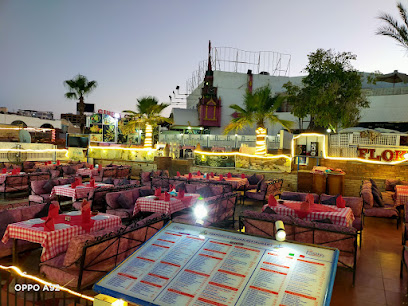
Fish Restaurant
Experience exquisite seafood dining at Fish Restaurant in Shark's Bay, where fresh flavors meet stunning ocean views.
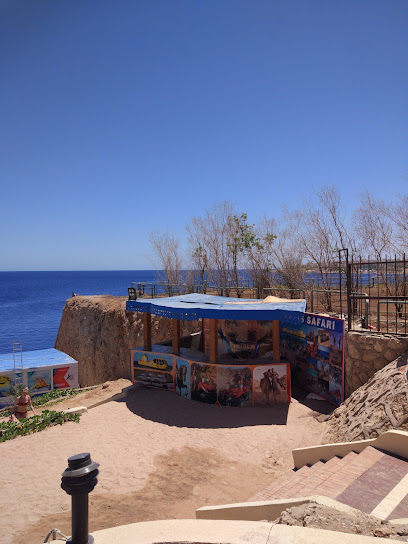
Laialy Kan Zaman Restaurant
Discover authentic Egyptian flavors at Laialy Kan Zaman Restaurant in Naama Bay - where culinary tradition meets stunning seaside views.
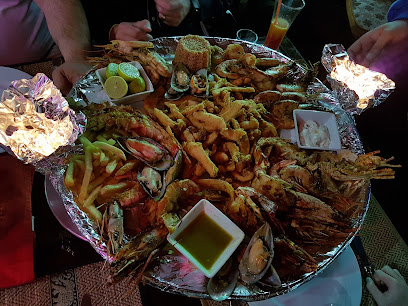
Kalimera Sharm El Sheikh
Experience authentic Egyptian flavors at Kalimera Sharm El Sheikh - where culinary excellence meets warm hospitality.
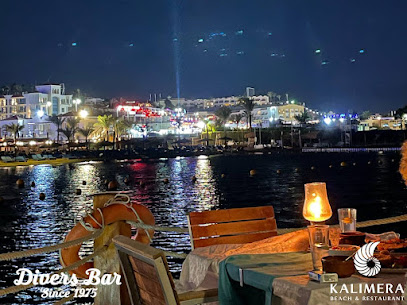
El Kababgy
Discover the flavors of Asia at El Kababgy, a premier restaurant in Naama Bay offering authentic cuisine and stunning seaside views.
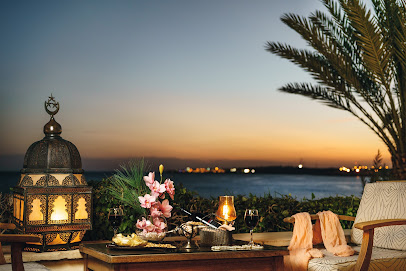
Sala Thai Restaurant
Discover the vibrant flavors of Thailand at Sala Thai Restaurant in Sharm Al Sheikh - an exquisite culinary journey awaits!
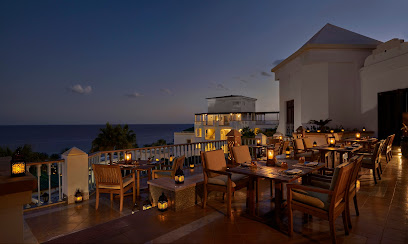
Markets, malls and hidden boutiques
SOHO Square Sharm El Sheikh
Discover the vibrant shopping, dining, and entertainment hub of SOHO Square in Sharm El Sheikh, where culture meets leisure in stunning surroundings.
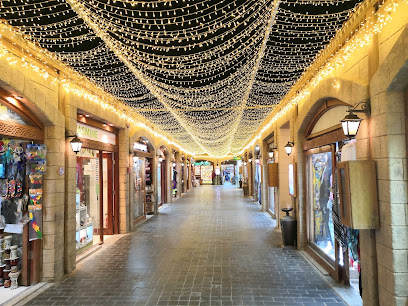
Genena City
Discover Genena City, Sharm El Sheikh's premier shopping mall, offering diverse shops, delightful dining, and family-friendly entertainment.
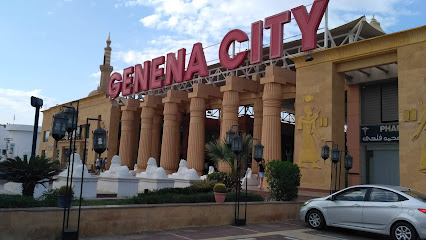
سوهو سكوير شرم الشيخ
Experience shopping, dining, and entertainment in the vibrant atmosphere of Soho Square, Sharm El Sheikh.
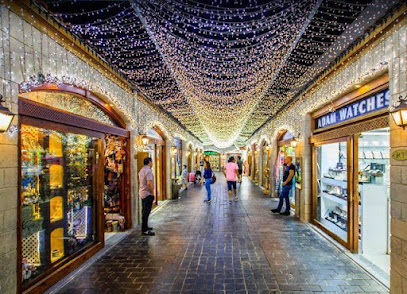
Moda Show
Moda Show in Sharm El Sheikh offers a luxurious selection of leather goods, combining tradition and modernity in a vibrant shopping experience.
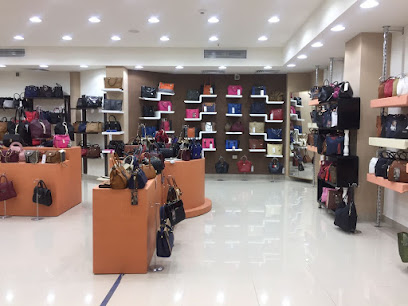
Egyptian Lionel Richie Supermarket
Explore the Egyptian Lionel Richie Supermarket in Sharm El Sheikh for unbeatable deals and a taste of local culture, all in one vibrant shopping destination.
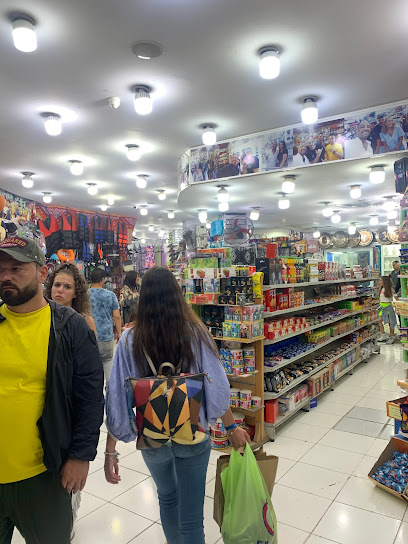
XTREME MALL
Explore XTREME MALL in Sharm Al Sheikh – a premier shopping destination with diverse shops, delightful dining, and vibrant entertainment options.
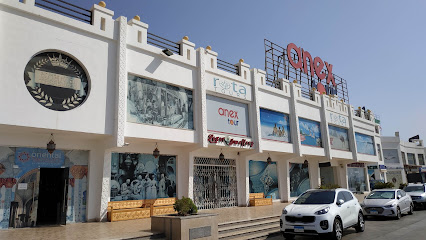
Aladdin Shopping Center
Discover the Aladdin Shopping Center in Sharm El Sheikh: a vibrant marketplace filled with unique souvenirs, local crafts, and delightful culinary experiences.
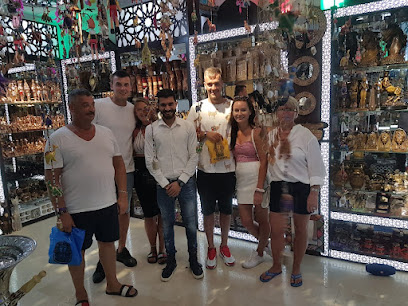
JO Chic
Explore JO Chic in Sharm Al Sheikh for an exceptional range of stylish footwear, blending comfort and fashion for every occasion.
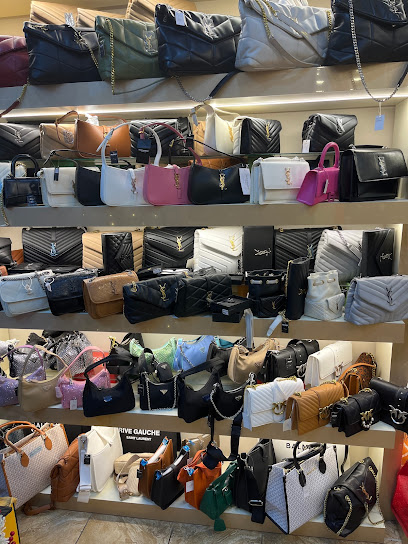
George clooney store Sharm супермаркет, сувенирный магазин шарм
Explore the George Clooney Store in Sharm El Sheikh for unique souvenirs, delightful candies, and a taste of local culture in every purchase.
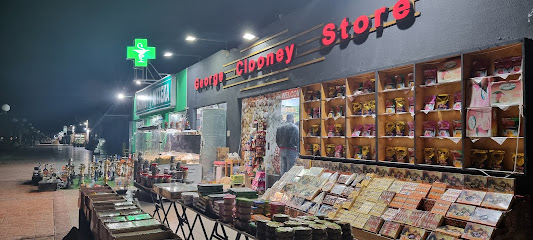
Carina
Explore Carina in Sharm El Sheikh for a stylish selection of women's fashion amidst the vibrant atmosphere of Soho Square.

У МухаМеда все есть
Explore unique souvenirs and local crafts at У МухаМеда все есть, a charming gift shop in Second Sharm Al Shiekh, South Sinai.
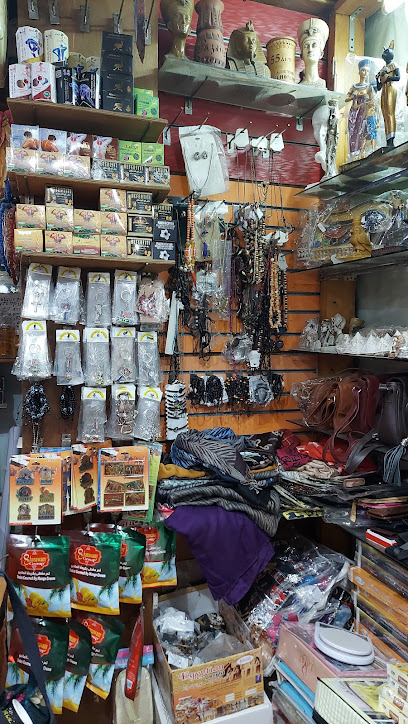
Aladin Egyptian arts& crafts Since 1994 محل الادين
Explore Aladin Egyptian Arts & Crafts in Sharm Al Sheikh for unique souvenirs and a taste of authentic Egyptian culture.
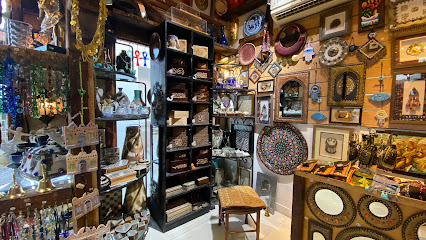
Jollie ville shopping center
Discover unique oriental goods and immerse yourself in local culture at Jollie Ville Shopping Center, a vibrant shopping paradise in Second Sharm Al Sheikh.
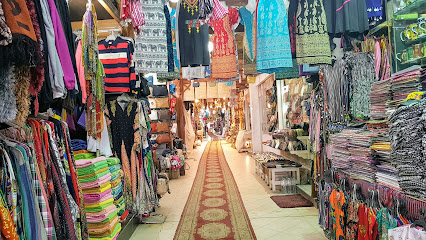
17 perfume oil
Explore the enchanting world of fragrances at 17 Perfume Oil in Sharm El Sheikh, where every scent tells a story of Egyptian heritage.
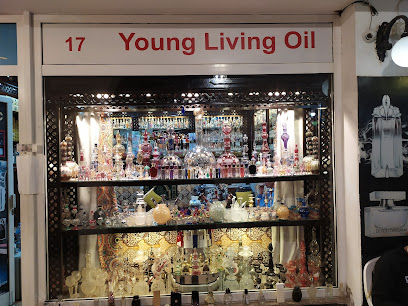
Soho square
Experience the vibrant atmosphere of Soho Square in Sharm El Sheikh, where shopping, dining, and entertainment blend seamlessly for an unforgettable visit.
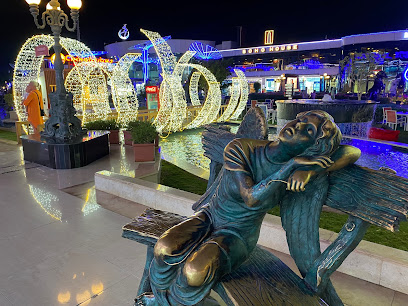
Essential bars & hidden hideouts
Buddha-Bar Sharm El-Sheikh
Discover the perfect blend of tranquility and flavor at Buddha-Bar Sharm El-Sheikh, your go-to destination for gourmet sushi and vibrant nightlife.
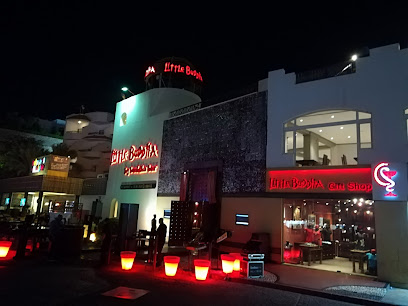
Space Sharm El Sheikh
Explore the electrifying nightlife at Space Sharm El Sheikh, a premier bar and nightclub filled with music, dance, and vibrant energy.
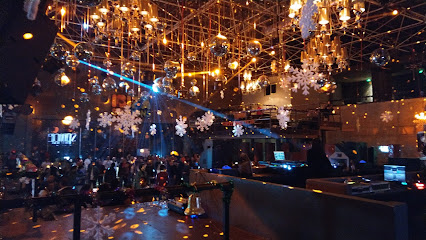
Camel Bar & Rooftop
Experience the vibrant nightlife at Camel Bar & Rooftop in Sharm El Sheikh, offering stunning views, delicious drinks, and a lively atmosphere.
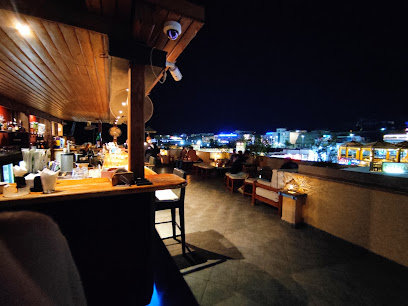
View lounge
Explore Sharm El Sheikh's nightlife at View Lounge: a chic bar with stunning views and a vibrant atmosphere perfect for any traveler.
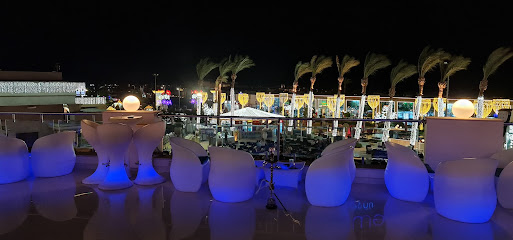
Tavern Bar
Experience the vibrant atmosphere of Tavern Bar in Naama Bay, a lively English pub and sports bar offering affordable drinks and delicious food.
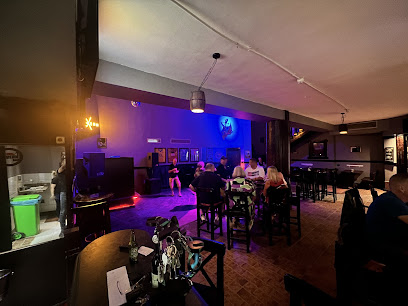
Ice Bar
Discover the coolest nightlife at the Ice Bar in SOHO Square, Sharm El Sheikh, where ice meets cocktails in an unforgettable ambiance.
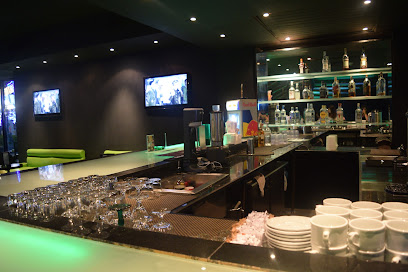
Mandarin Bar
Discover the vibrant nightlife of Sharm El Sheikh at Mandarin Bar, where exquisite drinks and delicious meals meet an unforgettable atmosphere.
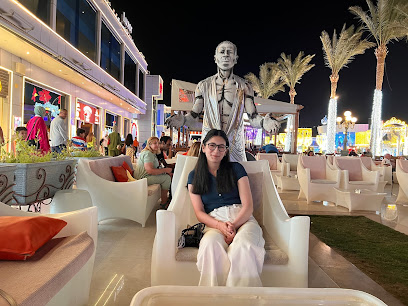
Sultan Beach Bar
Experience the vibrant atmosphere and breathtaking views at Sultan Beach Bar, a coastal gem in Second Sharm Al Shiekh.
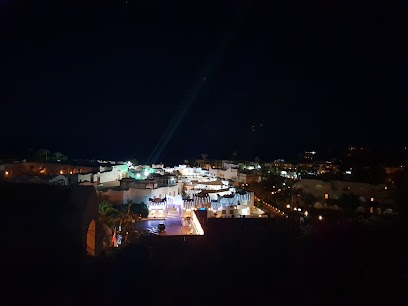
Bus Stop Naama Bay
Experience the lively atmosphere of Bus Stop Naama Bay, a top sports bar and restaurant in Sharm El Sheikh offering delicious food and vibrant entertainment.
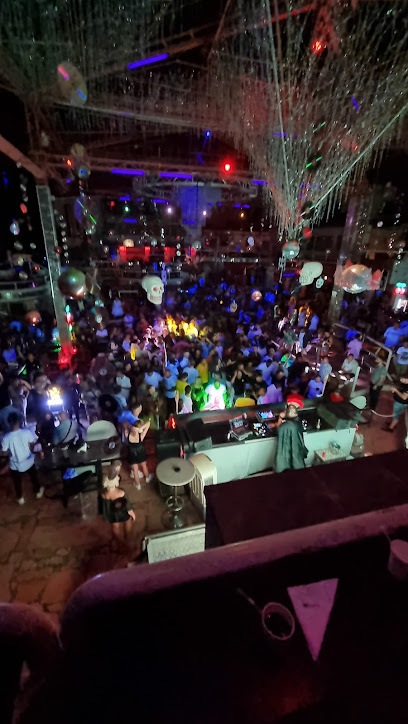
El cameleon Discobar
Experience the vibrant nightlife at El Cameleon Discobar in Sharm El Sheikh, where dancing, karaoke, and live music create unforgettable memories.
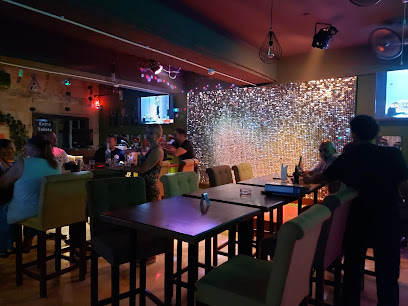
Pirates Bar
Discover the vibrant flavors and lively atmosphere at Pirates Bar in Sharm El-Sheikh, where delicious grilled dishes meet stunning coastal views.
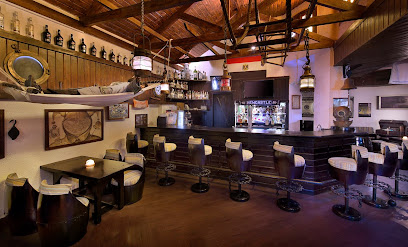
Chill Out Balm@sharm El Sheikh
Experience the vibrant nightlife at Chill Out Balm in Sharm El Sheikh, where refreshing cocktails and a lively atmosphere await.
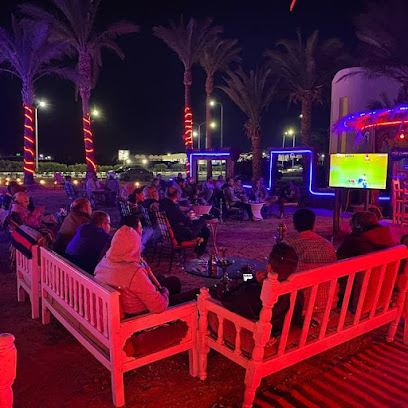
Breeze
Discover Breeze at Four Seasons Resort Sharm Al Sheikh - where refreshing drinks and stunning sea views create an unforgettable experience.
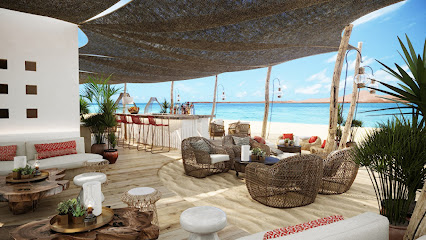
Horizon Cocktail Bar & Lounge
Discover the vibrant nightlife at Horizon Cocktail Bar & Lounge in Naama Bay, where exceptional cocktails meet stunning views and a lively atmosphere.
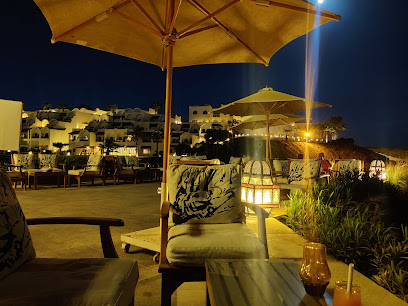
Travel experiences inspired by this city
Explore more travel diariesLocal Phrases
-
- Helloمرحبا
[Marhaba] - Goodbyeوداعا
[Wada'an] - Yesنعم
[Naam] - Noلا
[La] - Please/You're welcomeمن فضلك
[Min fadlak] - Thank youشكرا
[Shukran] - Excuse me/Sorryعذرا
[A'zra] - How are you?كيف حالك؟
[Keif halak?] - Fine. And you?بخير. وأنت؟
[Bikhair. Wa anta?] - Do you speak English?هل تتحدث الإنجليزية؟
[Hal tatahadath alinglizia?] - I don't understandأنا لا أفهم
[Ana la afham]
- Helloمرحبا
-
- I'd like to see the menu, pleaseأريد أن أرى القائمة، من فضلك
[Areed an ara alqaima, min fadlak] - I don't eat meatأنا لا أكل اللحوم
[Ana la akol allahum] - Cheers!في صحتك!
[Fi sahtak!] - I would like to pay, pleaseأريد أن أدفع، من فضلك
[Areed an adfa', min fadlak]
- I'd like to see the menu, pleaseأريد أن أرى القائمة، من فضلك
-
- Help!النجدة!
[Alnajda!] - Go away!ارحل!
[Erhal!] - Call the Police!اتصل بالشرطة!
[Atasl bialshurta!] - Call a doctor!اتصل بطبيب!
[Atasl batabib!] - I'm lostلقد تاهت
[Lakad taht] - I'm illأنا مريض
[Ana mareed]
- Help!النجدة!
-
- I'd like to buy...أريد أن أشتري...
[Areed an ashtari...] - I'm just lookingأنا فقط أتطلع
[Ana faqat atatallaa] - How much is it?بكم هذا؟
[Bikam hatha?] - That's too expensiveهذا غالي جدا
[Hatha ghali jiddan] - Can you lower the price?هل يمكنك خفض السعر؟
[Hal yumkinuk khafd alsar?]
- I'd like to buy...أريد أن أشتري...
-
- What time is it?كم الساعة؟
[Kam alsaa'a?] - It's one o'clockالواحدة
[Alwahida] - Half past (10)العاشرة والنصف
[Alashira walnisf] - Morningالصباح
[Assabah] - Afternoonالمساء
[Almasa'] - Eveningالليل
[Allail] - Yesterdayأمس
[Ams] - Todayاليوم
[Alyawm] - Tomorrowغدا
[Ghadan] - 1واحد
[Wahid] - 2اثنين
[Ithnayn] - 3ثلاثة
[Thalatha] - 4أربعة
[Arba'a] - 5خمسة
[Khamsa] - 6ستة
[Sitta] - 7سبعة
[Sab'a] - 8ثمانية
[Thamania] - 9تسعة
[Tasia] - 10عشرة
[Ashara]
- What time is it?كم الساعة؟
-
- Where's a/the...?أين...
[Ayna...] - What's the address?ما هو العنوان؟
[Ma huwa al'anaan?] - Can you show me (on the map)?هل يمكنك أن تريني (على الخريطة)؟
[Hal yumkinuk an tureeni (ala alkharita)?] - When's the next (bus)?متى يأتي الحافلة القادمة؟
[Mata yaati alhafla alqadima?] - A ticket (to ....)تذكرة (إلى ...)
[Tathkira (ila ...)]
- Where's a/the...?أين...
History of Sharm El Sheikh
-
Sharm El Sheikh, situated at the southern tip of the Sinai Peninsula, has been a strategic maritime location for millennia. It was part of ancient maritime trade routes connecting Egypt with the Arabian Peninsula and the broader Indian Ocean trade network. The Red Sea's rich underwater biodiversity and natural harbors made it a critical stopover for ancient traders and explorers.
-
The Ottoman Empire controlled the region from the 16th century until the early 20th century. Sharm El Sheikh was a quiet fishing village during this time, but its strategic location did not go unnoticed. The area briefly came under British control in the early 20th century, further emphasizing its strategic importance in controlling the Red Sea and access to the Suez Canal.
-
Sharm El Sheikh gained significant attention during the Six-Day War in 1967 when Israeli forces captured the Sinai Peninsula, including Sharm El Sheikh, from Egypt. The area remained under Israeli control until the Camp David Accords in 1978, which led to the return of the Sinai Peninsula to Egypt in 1982. During the Israeli occupation, Sharm El Sheikh saw the development of infrastructure that would later contribute to its growth as a tourist destination.
-
Following the return of the Sinai Peninsula to Egypt, Sharm El Sheikh underwent significant development aimed at transforming it into a world-class tourist destination. The Egyptian government invested heavily in infrastructure, including luxury resorts, hotels, and diving centers. The pristine coral reefs and clear waters attracted divers and tourists from around the globe, establishing Sharm El Sheikh as a premier vacation spot.
-
In recent decades, there has been a strong emphasis on environmental conservation in Sharm El Sheikh. The Ras Mohammed National Park, established in 1983, is a testament to these efforts. The park protects diverse marine and terrestrial ecosystems, ensuring the preservation of coral reefs, mangroves, and a variety of wildlife. These conservation efforts have played a critical role in maintaining the area's natural beauty and ecological significance.
-
In the 21st century, Sharm El Sheikh has become not only a tourist hub but also a significant location for international diplomacy and conferences. The city has hosted numerous high-profile summits, including the World Economic Forum on the Middle East and North Africa, and various peace talks. These events have further solidified Sharm El Sheikh's status as a key player on the international stage.
Sharm El Sheikh Essentials
-
Sharm El Sheikh is accessible primarily via Sharm El Sheikh International Airport (SSH), which receives flights from various international destinations. Major airlines operate direct flights from Europe, the Middle East, and other regions. Alternatively, travelers can fly into Cairo International Airport (CAI) and take a domestic flight to Sharm El Sheikh. Buses and taxis are also available for overland travel from Cairo, though the journey can take up to 6-8 hours.
-
Sharm El Sheikh has a variety of transportation options. Taxis are widely available and can be hailed on the street or booked in advance. Make sure to agree on a fare before starting your journey. Car rentals are also an option for those wanting more freedom to explore. Public minibuses, known as 'microbuses,' operate on set routes and are a budget-friendly option, though they may not be the most comfortable. Many hotels offer shuttle services to popular tourist spots.
-
The official currency is the Egyptian Pound (EGP). Credit cards are widely accepted in hotels, restaurants, and larger shops, but it is advisable to carry some cash for smaller purchases and tips. ATMs are readily available in tourist areas, and currency exchange services can be found in banks and authorized exchange bureaus. It is recommended to carry small denominations for convenience.
-
Sharm El Sheikh is generally considered safe for tourists, but it's wise to remain vigilant. Avoid walking alone at night in unfamiliar areas and keep your belongings secure. Areas like Naama Bay and the Old Market are popular and generally safe, but petty crime such as pickpocketing can occur. Always use reputable transportation and avoid accepting rides from strangers.
-
In case of emergency, dial 122 for police, 123 for medical emergencies, and 180 for fire services. The Sharm El Sheikh International Hospital is equipped to handle most medical needs. It is advisable to have travel insurance that covers medical emergencies. For minor health issues, pharmacies are available throughout the city, and many are open 24/7.
-
Fashion: Do dress modestly, especially in conservative areas. Swimwear is acceptable at the beach but not in public places. Religion: Do respect local customs and dress codes when visiting mosques. Public Transport: Do be respectful and patient when using public transport. Don't expect the same level of punctuality as in Western countries. Greetings: Do greet people with a handshake. Avoid using your left hand for greetings and exchanges. Eating & Drinking: Do try local dishes and accept food offerings graciously. Don't drink tap water; always opt for bottled water.
-
To experience Sharm El Sheikh like a local, visit the Old Market for a taste of traditional Egyptian life and shopping. Engage with locals; they are generally friendly and willing to share insights about their culture. Don't miss the opportunity to explore the Ras Mohammed National Park for its stunning marine life and landscapes. For a unique experience, take a Bedouin desert safari and enjoy a traditional meal under the stars.
Trending Landmark in Sharm El Sheikh
-
SOHO Square Sharm El Sheikh
-
Old Market Sharm el Sheikh
-
Soho Square Dancing Fountain
-
Mustafa Mosque
-
The Heavenly Cathedral
-
Hollywood Sharm El Sheik
-
Ras Mohamed Nature Reserve
-
Peace Square
-
The monument in Sharm El Sheikh
-
Salam Mosque
-
King Tut Museum
-
Aladin Casino
-
Sharm el-Sheikh
-
Safari Center Sharm El Sheikh
-
Echo Temple Sharm El Sheikh
Nearby Cities to Sharm El Sheikh
-
Things To Do in Dahab
-
Things To Do in El Gouna
-
Things To Do in Hurghada
-
Things To Do in Aqaba
-
Things To Do in Eilat
-
Things To Do in Wadi Rum
-
Things To Do in Tabuk
-
Things To Do in Ma'an
-
Things To Do in Petra
-
Things To Do in Suez
-
Things To Do in Luxor
-
Things To Do in Sohag
-
Things To Do in Dana
-
Things To Do in Asyut
-
Things To Do in Marsa Alam











